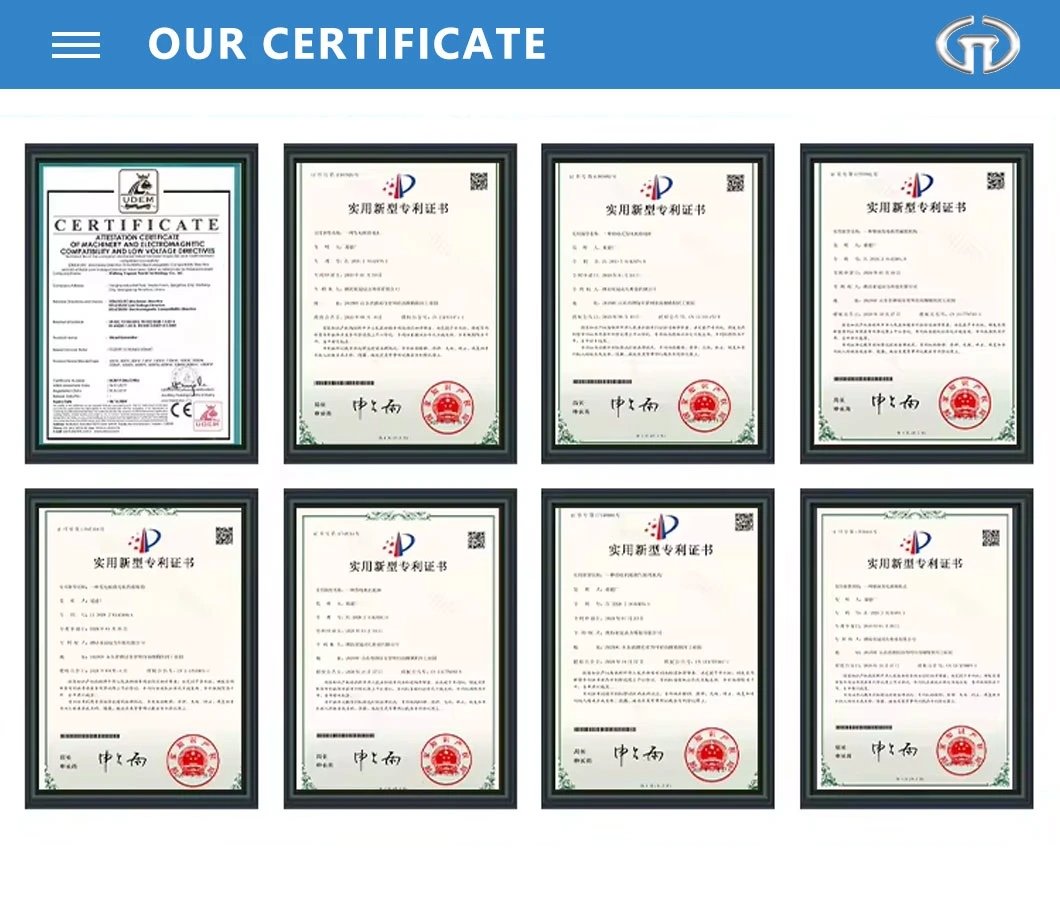Introduction:
Diesel generators are essential machines that provide backup power in various applications, including industrial, commercial, and residential settings. These generators play a crucial role in ensuring continuity of operations during power outages and emergencies. However, to ensure their reliability and performance, diesel generators must undergo rigorous testing procedures known as type testing.
Type testing is a critical process that evaluates the compliance of diesel generators with industry standards and regulations. This article explores the importance of type testing for diesel generators, the key aspects of the testing process, and its benefits in ensuring the reliability and performance of these essential machines.
Importance of Type Testing Diesel Generators:
Type testing is a vital quality assurance measure for diesel generators, ensuring that they meet specific performance and safety requirements. By subjecting generators to a series of standardized tests, manufacturers can validate their design, construction, and performance characteristics. Type testing helps identify any potential weaknesses or defects in the generator's design or components, allowing manufacturers to make necessary improvements before the product reaches the market.
Furthermore, type testing provides assurance to customers and regulatory authorities that diesel generators comply with relevant standards and specifications. It demonstrates the manufacturer's commitment to producing high-quality, reliable products that meet industry requirements. In some cases, type testing may be a mandatory requirement for certification or approval by regulatory bodies, making it an essential step in the product development and validation process.
Key Aspects of Type Testing for Diesel Generators:

Type testing for diesel generators involves evaluating various aspects of the generator's design, construction, and performance. The testing process typically includes the following key aspects:
1. Electrical Performance Testing: This involves assessing the generator's electrical output characteristics, such as voltage regulation, frequency stability, and transient response. These tests ensure that the generator can deliver the required power output within specified limits and maintain stable electrical parameters under varying load conditions.
2. Mechanical Testing: Mechanical tests evaluate the structural integrity and mechanical performance of the generator, including vibration resistance, structural strength, and durability. These tests help ensure that the generator can withstand various environmental conditions and operating conditions without compromising its reliability or performance.
3. Environmental Testing: Environmental tests assess the generator's performance under different environmental conditions, such as temperature extremes, humidity, and altitude. These tests help determine the generator's ability to operate reliably in challenging environmental conditions and ensure that it can meet performance requirements under various scenarios.
4. Safety and Protection Testing: Safety tests evaluate the generator's compliance with safety standards and regulations, including protection mechanisms, grounding, insulation resistance, and emergency shutdown procedures. These tests help ensure that the generator is safe to operate and protects users from electrical hazards or malfunctions.
5. Emission Testing: Emission testing assesses the generator's compliance with environmental regulations regarding exhaust emissions, noise levels, and pollution control measures. These tests help ensure that the generator meets emission limits and environmental standards to minimize its impact on air quality and noise pollution.
Benefits of Type Testing Diesel Generators:
Type testing offers several benefits for manufacturers, customers, and regulatory authorities in ensuring the reliability and performance of diesel generators. Some of the key benefits of type testing include:
1. Quality Assurance: Type testing provides manufacturers with a means to validate the quality and performance of their products before they are released to the market. By identifying url or performance issues early in the development process, manufacturers can make necessary improvements to enhance the overall quality of the generator.
2. Compliance with Standards: Type testing ensures that diesel generators comply with relevant industry standards, regulations, and specifications. This helps manufacturers demonstrate their commitment to producing safe, reliable products that meet the requirements of regulatory authorities and customers.
3. Reliability and Performance: Type testing helps ensure that diesel generators meet performance requirements and specifications, such as power output, voltage regulation, and efficiency. By verifying the generator's performance under various operating conditions, manufacturers can guarantee its reliability and performance in real-world applications.
4. Safety and Environmental Compliance: Type testing helps verify that diesel generators meet safety standards and environmental regulations, such as emission limits and noise levels. This ensures that the generator is safe to operate and environmentally friendly, minimizing its impact on users and the surrounding environment.
Conclusion:
Type testing plays a crucial role in ensuring the reliability, performance, and safety of diesel generators. By subjecting generators to a series of standardized tests, manufacturers can validate their design, construction, and performance characteristics, ensuring that they meet industry standards and regulations. Type testing offers several benefits, including quality assurance, compliance with standards, reliability, performance, safety, and environmental compliance.
Overall, type testing is an essential process that manufacturers must undertake to produce high-quality, reliable diesel generators that meet the needs and expectations of customers and regulatory authorities. By investing in type testing, manufacturers can demonstrate their commitment to excellence and ensure the continued success of their products in the competitive generator market.
